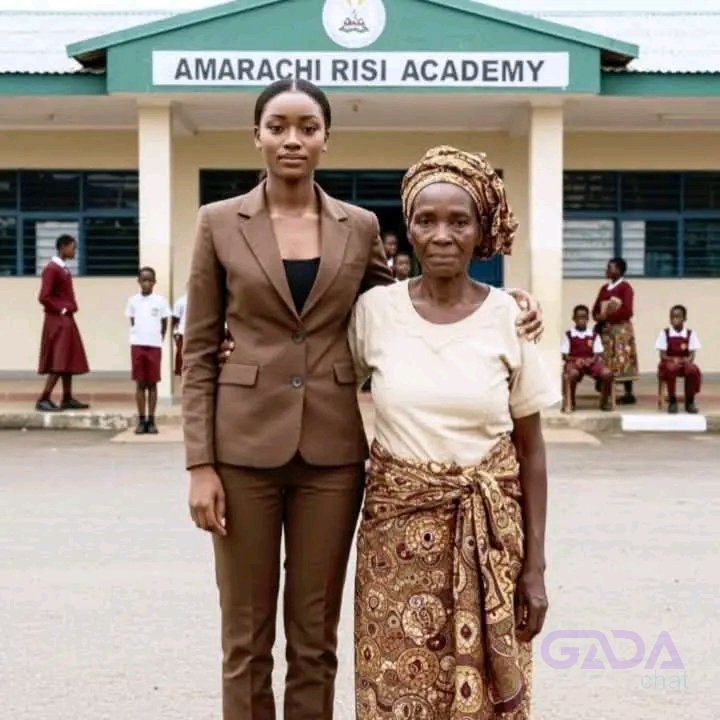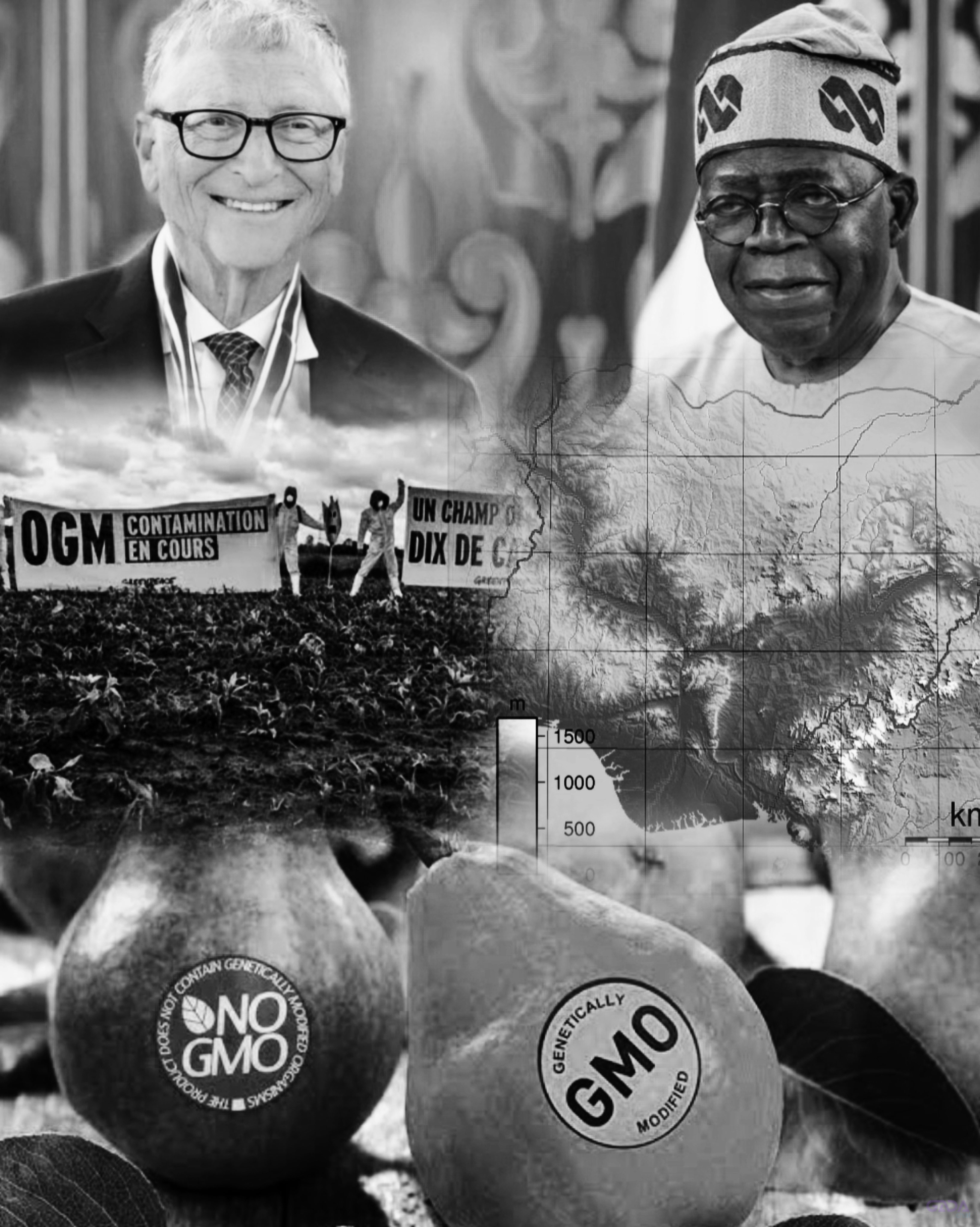Courtesy Visit by Swine Farmers EXCO of Plateau State to the Ministry of Livestock Development
The Executive Committee (EXCO) of Swine Farmers in Plateau State paid a courtesy visit to the Ministry of Livestock Development today, as part of ongoing efforts to strengthen collaboration between the association and the state government.
The delegation was warmly received by the Honourable Commissioner for Livestock Development, alongside the Permanent Secretary, Chief Veterinary Officer, Director of Veterinary Services, Director of Finance, Director of Administration, and Director of Fisheries and Aquaculture.
During the meeting, both parties engaged in meaningful discussions on ways to advance pig farming in Plateau State, improve productivity, and promote economic empowerment through livestock development. The ministry expressed its readiness to support the association’s goals and welcomed the opportunity for structured partnership and technical cooperation.
The Swine Farmers EXCO expressed appreciation for the warm reception and reaffirmed its commitment to working closely with the ministry to elevate the swine industry across the state.
This engagement marks a significant step toward the growth of the livestock sector and the empowerment of farmers, particularly in rural communities.
#SwineFarmersEXCO
#PigFarmingPlateau
#LivestockDevelopment
#PublicPrivatePartnership
#NenpolitIntegratedFarms
#AgricultureForDevelopment
The Executive Committee (EXCO) of Swine Farmers in Plateau State paid a courtesy visit to the Ministry of Livestock Development today, as part of ongoing efforts to strengthen collaboration between the association and the state government.
The delegation was warmly received by the Honourable Commissioner for Livestock Development, alongside the Permanent Secretary, Chief Veterinary Officer, Director of Veterinary Services, Director of Finance, Director of Administration, and Director of Fisheries and Aquaculture.
During the meeting, both parties engaged in meaningful discussions on ways to advance pig farming in Plateau State, improve productivity, and promote economic empowerment through livestock development. The ministry expressed its readiness to support the association’s goals and welcomed the opportunity for structured partnership and technical cooperation.
The Swine Farmers EXCO expressed appreciation for the warm reception and reaffirmed its commitment to working closely with the ministry to elevate the swine industry across the state.
This engagement marks a significant step toward the growth of the livestock sector and the empowerment of farmers, particularly in rural communities.
#SwineFarmersEXCO
#PigFarmingPlateau
#LivestockDevelopment
#PublicPrivatePartnership
#NenpolitIntegratedFarms
#AgricultureForDevelopment
Courtesy Visit by Swine Farmers EXCO of Plateau State to the Ministry of Livestock Development
The Executive Committee (EXCO) of Swine Farmers in Plateau State paid a courtesy visit to the Ministry of Livestock Development today, as part of ongoing efforts to strengthen collaboration between the association and the state government.
The delegation was warmly received by the Honourable Commissioner for Livestock Development, alongside the Permanent Secretary, Chief Veterinary Officer, Director of Veterinary Services, Director of Finance, Director of Administration, and Director of Fisheries and Aquaculture.
During the meeting, both parties engaged in meaningful discussions on ways to advance pig farming in Plateau State, improve productivity, and promote economic empowerment through livestock development. The ministry expressed its readiness to support the association’s goals and welcomed the opportunity for structured partnership and technical cooperation.
The Swine Farmers EXCO expressed appreciation for the warm reception and reaffirmed its commitment to working closely with the ministry to elevate the swine industry across the state.
This engagement marks a significant step toward the growth of the livestock sector and the empowerment of farmers, particularly in rural communities.
#SwineFarmersEXCO
#PigFarmingPlateau
#LivestockDevelopment
#PublicPrivatePartnership
#NenpolitIntegratedFarms
#AgricultureForDevelopment
0 التعليقات
0 المشاركات
145 مشاهدة
0 معاينة







